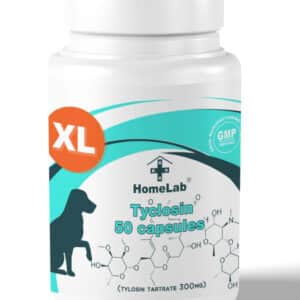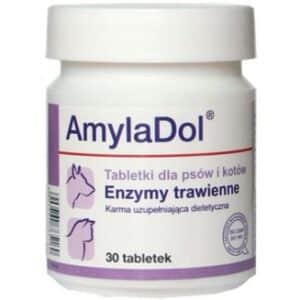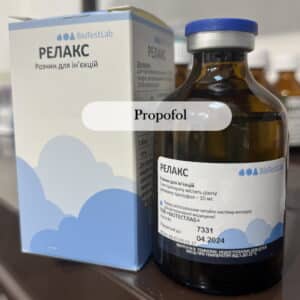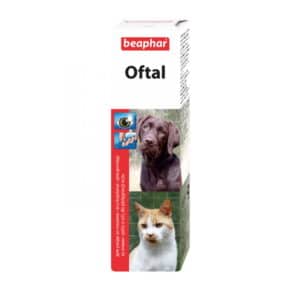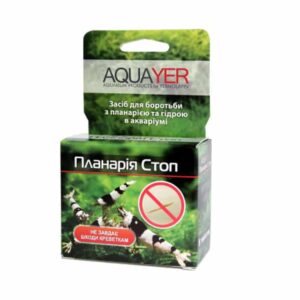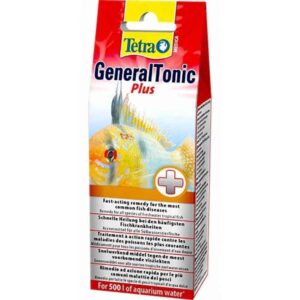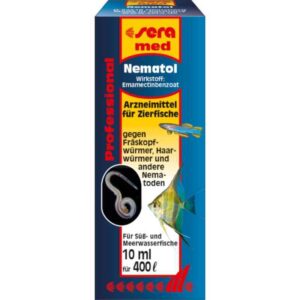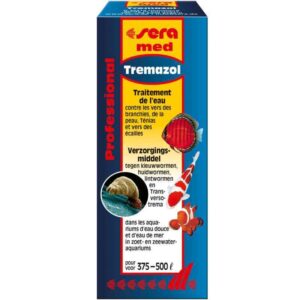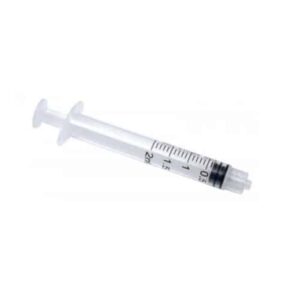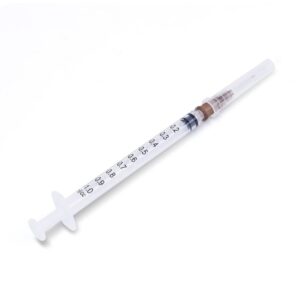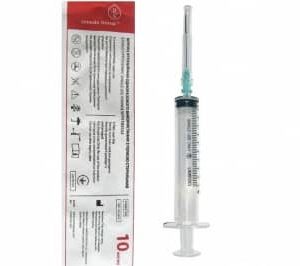 Fenbendazole
Fenbendazole
Most shelter workers have heard of the magic known as antiparasitic FENBENDAZOLE-is one of my favorite antiparasitic-and is a great drug for many reasons. Fenbendazole, the active ingredient is a benzimidazole dewormer that prevents cell division. Is generally considered a safe drug, toxicity occurs only in overdose 100x and exotic species. Fenbendazole is not systemically absorbed and more than 50% out of the animal feces. It should be administered for at least 3 days to kill parasites, as it has to stop cell division for some time before it becomes fatal to the parasite.

Fenbendazole is labeled for use in cows, horses, pigs, and dogs; but it has also been used in cats, sheep, birds, reptiles, and fish. It is marked to kill roundworms, hookworms, whipworms, and tapeworms, but is not effective against the most common tapeworms, and therefore should not be relied upon to kill the tapes. increased use of fenbendazole in shelters is to kill whipworms, Giardia, and lungworms.
Fun fact: In the treatment of whipworm (Trichuris Vulpis) You may have heard of the rule of 3, try for three days, then repeat a course of three days in three weeks and again at three months. It is an easy treatment regimen and commonly recited, but did you know there is actually a scientific reason not to try this way now? Whipworm takes 3 months to mature from an egg to an adult. If you kill adults on day 1, then three weeks later there will be some immature adults who have matured, but you still have eggs and larvae of worms present. Wait up to 3 months and then try again, and do not bother with the treatment of three weeks.
Pharmacological (biological) properties and effects
Benzimidazole anthelmintic agent group. Fenbendazole (carbamate 5-phenyl-thio-2-benzimidazole) has a broad spectrum of effects and cestocidal nematocides, is active against adult forms, larvae and eggs of gastrointestinal and lung and cestode parasites in animals.
The mechanism of action of fenbendazole is the destruction of microtubules in cells of intestinal worms and disruption of energy processes, leading to the death of the parasites.
When administered orally, fenbendazole is easily absorbed in the intestine and is distributed in organs and tissues of the animal; excreted from the body in unaltered form and as metabolites, mainly in the bile and urine partially in animals also varnished milk.

Indications for use of the drug Fenbendazole
Young cattle, sheep, goats, horses, pigs, dogs, and cats are prescribed for therapeutic and prophylactic purposes in the case of:
– nematodoses;
– cestodoses.
Application procedure
Enter the animals once, by force to the root of the tongue in the following doses.
Young cattle monieziosis – 150 mg per 15 kg of animal body weight; with dictyocaulosis, hemonkhoze, Bunostomiasis, esophagostomosis, nematodirosis, ostertagiasis, habertiosis, cooperiosis and strongyloidosis – 150 mg per 20 kg of animal weight.
Sheep and goats with moniesiosis – 150 mg per 15 kg of animal body weight; if dictyocaulosis, hemonhose, bunostomiasis, esophagostomiasis, nematodirosis, ostertagiasis, trichostrongiloidosis, habertiosis, cooperiosis, strongyloidosis – 150 mg per 30 kg of animal weight.
Foals with parascariasis strongyles and – 150 mg per 15 kg of animal weight.
Piglet with ascariasis, esophagostomiasis, strongyloidiasis, trichocephalosis, metastrongyloidosis – 150 mg per 30 kg of animal weight.
Adult dogs and cats toxocariasis, Toxascaris, ankilostomiasis, Uncinaria, dipilidiosis, taeniasis – 150 mg per 1.5 kg of animal weight.
Puppies and kittens (more than 3 weeks old) with toxocariasis toxascaridoz, ankilostomiasis, uncinariosis, dipilidiosis and taeniasis 1 time/day for 3 days in a row in a single dose of 150 mg per 3 kg animal weight.
A special diet and use of laxatives before deworming are required.
Side effects
Side effects and complications in the use of fenbendazole in accordance with the indications and dosing regimen generally not observed.
With increased individual sensitivity of the animal to fenbendazole and allergic reactions, drug use stops.
Overdose symptoms in animals have not been identified.
Contraindications to the use of drug Fenbendazole
– Individual animal hypersensitivity to fenbendazole.
Do not use the medicine:
– animals exhausted and suffering from infectious diseases;
– Puppies and kittens under 3 weeks of age.
Special instructions and personal prevention measures
Simultaneous use with bromsalanflucicides is not recommended, as in cattle with this interaction, there were cases of abortion and death in sheep.
Slaughter of animals for meat is permitted no earlier than 14 days after deworming. In the case of the forced slaughter of a predetermined period, the meat can be used as food for carnivores or for the production of meat and bone.
Milk of dairy animals to be used for food purposes within 3 days after worming is prohibited. The milk obtained earlier than the prescribed period may be used after heat treatment as animal feed.
No smoking, drinking, or eating food while working with the drug. At the end of the work, wash hands with soap and warm water.

Where to buy?
There are a large number of fenbendazole sellers on the market, one of the quality sellers is Homelab. Helmintazole 200 Pro and Helmintazole 200 Pet with active ingredient Fenbendazole 200. There are a lot of different medicines like Helmintazole 200 Pro, different types of Panacur… but the active ingredient of all of these medicines is Fenbendazole. You can buy it and other quality veterinary medicine at Homelabvet.com.















